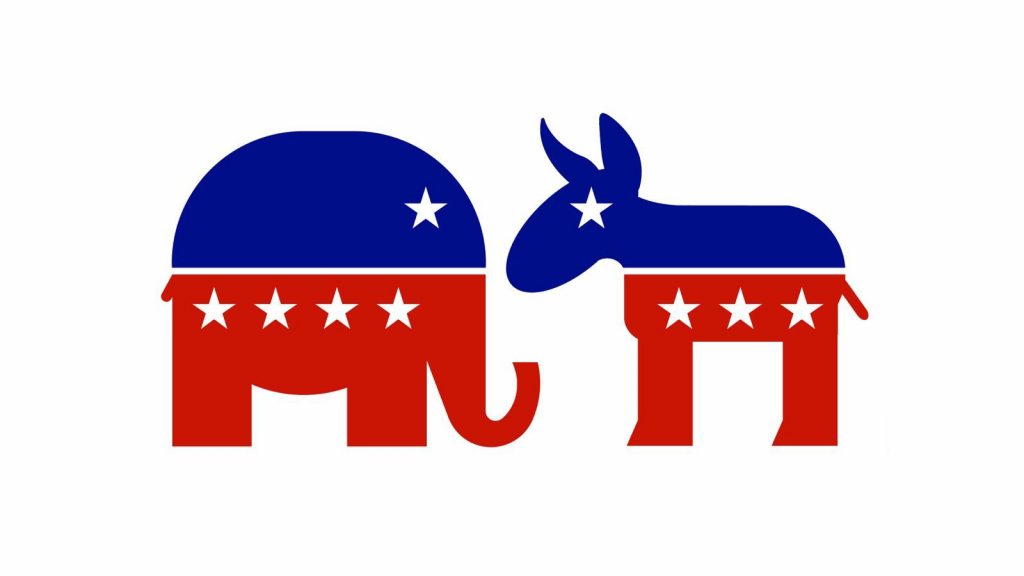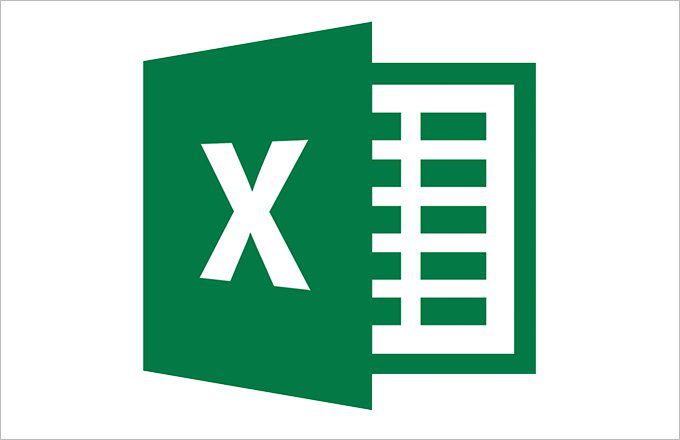Full Circle Research is an independent, non-partisan sample provider. Our enhanced polling service SmartPoll™ employs award-winning proprietary tech, custom targeting strategies, efficient pricing structures and first-class customer service to provide fast, accurate data for media, campaigns, pollsters, consultants, intelligence firms, PACs, PR and research firms, and more. Participants are available for recontact. To learn about polling and omnibus opportunities, contact our CEO, Adam Weinstein, at adamw@ilovefullcircle.com or 301-762-1972.
When looking toward the 2024 election, 55% of Democrats and Independents in battleground states said they were considering voting for Joe Biden in 2024, while 21% said they were not considering voting for Biden. Nearly one-quarter of the respondents (24%) were not sure if they would consider voting for Biden.
Among respondents in battleground states who voted for Donald Trump in 2020, 39% said they were more a supporter of Trump than they were of the Republican Party; 31% said they were more a supporter of the Republican Party; and 29% said they supported President Trump and the Republican Party equally.
Read on for more results from SmartPoll’s first pulse poll of the year.
Partisanship
Voting
When looking at this by race, 53% of Caucasians and 60% of non-Caucasians (Democrats and Independents) say they were considering voting for Biden.
In the Battleground states, 55% of Democrats and Independents said they were considering voting for Biden. In addition, 41% of White Democrats and Independents and 78% of Non-whites say they were considering voting for Biden.
When looking toward the 2022 elections for governor, 81% of the total respondents said they were “certain” or “likely” to vote in that election. When looking to the 2022 congressional elections, 88% of the total respondents said they were “certain” or “likely” to vote in the congressional elections. Republicans demonstrated a significantly higher likelihood of voting in both the gubernatorial and congressional election than both Democrats and Independents.
Not surprisingly, more than 90% of Democrats and more than 90% of Republicans indicated they would vote for a candidate in their own party.
The race between Democratic and Republican candidates in the Battleground states at this point in the election cycle is very tight, as indicated in the table below.
"Certain" or "Likely" to Vote for Among Battleground State Voters
Economy
More than three-quarters of registered voters (76%) said they felt that the COVID-19 omicron variant would negatively affect the economy.
86% of the registered voters think inflation will rise in 2022.
29% of the registered voters predict unemployment will drop in 2022, compared to 48% who do not think it will drop and 22% who are uncertain.
Politics
Only one-quarter of registered voters (25%) think the Build Back Better legislation will pass in 2022.
40% support filibuster reform (60% Democrat, 17% Republican, and 35% Independent).
Slightly more than one-third of the registered voters (35%) believe that the current government is leading the country in the right direction. However, only 9% of Republicans believe the country is being led in the right direction compared to 63% of Democrats and 26% of Independents.
Position on Policy
Assessing Political Candidates
Methodology
A total of 1,244 self-identified, registered voters were surveyed online from January 11 to January 18, 2022. The respondents were double-opted in panelists who were asked Personal Identifiable Information which was cross-referenced and validated against a nationwide voter registration database. The confidence interval for these 1244 respondents is +/-2.8%.
The sample was weighted via data raking to match the Census data on voting and registration in the 2020 Election (release date April 2021). Specific weight targets included: age, gender, region, race, and Hispanic origin.
The sample yielded 401 respondents who resided in one of twelve Battleground states (Alaska, Arizona, Colorado, Florida, Georgia, Iowa, Missouri, Nevada, New Hampshire, North Carolina, Ohio, and Wisconsin). The confidence interval for the Battleground state respondents is +/- 4.9%.



